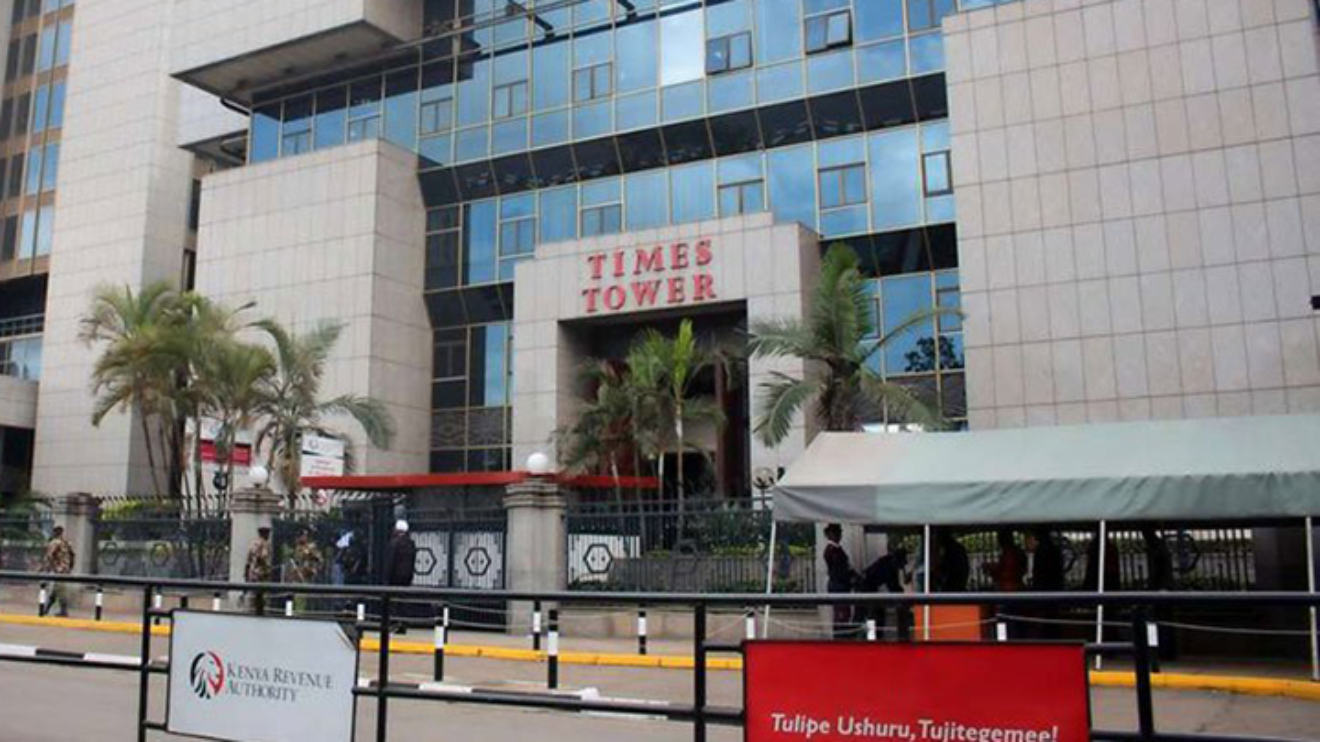Kenya Revenue Authority (KRA) has undertaken a significant reshuffling of its senior management team, with over 20 top managers being reassigned to new roles in a concerted effort to maximize the agency's performance.
The move, announced by KRA Commissioner-General Humphrey Wattanga, aims to "optimize" the core mandate of the authority and enhance its efficiency in revenue collection.
"These transfers are made with the belief that the changes will optimize our core mandate of revenue collections, streamline activities, and ensure that our staff are best placed where their expertise can be utilized to the fullest," Wattanga stated in an official announcement.
Among the prominent figures affected by the reshuffle are Swaleh Faraja Taher, now assuming the role of chief manager of port operations; Lucy Wanjuhi, responsible for licensing, QMS, and dispute resolution; Abdi Malik Hussein, overseeing policy in the East African Community (EAC) and international networks; and Sally Sere, heading passenger clearance.
In addition to these changes, Bernard Mutuma Kibiti has been appointed as the chief manager of the petroleum monitoring unit.
Read More
Meanwhile, John Kennedy Bisonga and Grace Tito Lekesi will now serve as chief managers responsible for the Rift Valley and Western regions, respectively.
This significant reorganization within KRA's senior leadership comes only two months after the authority made substantial alterations in several top managerial positions, with then-acting Commissioner-General Nancy Simiyu being appointed as Commissioner for domestic taxes.
The leadership transition under Wattanga's tenure underscores KRA's commitment to increasing revenue mobilization through various strategic approaches, including tax simplification, technology-driven compliance, and expanding the tax base.
The tax authority has set an ambitious target of collecting Sh6.8 trillion during the 2021/22 to 2023/2024 financial years, equating to an average annual collection of Sh2.266 trillion.
These changes aim to ensure that KRA is better positioned to meet its revenue collection objectives and address the evolving challenges in the tax landscape.







-1757663582.jpeg)
